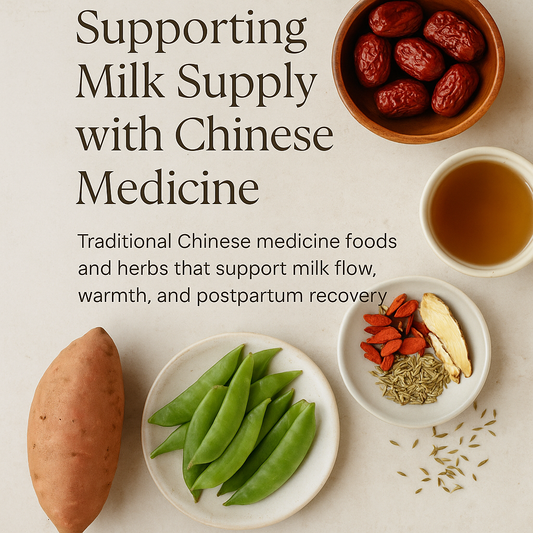What’s Up With Beets and Embryo Transfers?
If you’ve been hanging out in any fertility-focused space online, you’ve probably seen it: people recommending beets after embryo transfer like they’re magic. And if you’re like me, your first thought might be, “Beets??”
Let’s take a look at where this trend comes from—and whether there’s any truth to the hype.
Where Did This Beet Thing Start?
It’s hard to say exactly where the beet-and-embryo-transfer tradition began, but it seems to be a blend of:
- Internet anecdotes
- Acupuncturists and fertility coaches promoting circulation
- A few studies on nitric oxide and blood flow
Beets have become one of those widely shared tips that sound just credible enough to stick—and in this case, there’s actually some research backing it up.
What Do Beets Actually Do?
Beets are rich in natural nitrates, which your body converts into nitric oxide. Nitric oxide is a vasodilator—meaning it helps widen blood vessels and increase circulation. Better blood flow = better delivery of oxygen and nutrients to the uterus and ovaries, which may support endometrial receptivity and embryo implantation.
Beetroot has also been studied in the context of exercise and cardiovascular health, showing improved oxygen use and reduced blood pressure.
Is There Research on Beets and IVF?
Yes—finally! A 2023 study published in *Biomedicines* looked at beetroot juice supplementation in women undergoing IVF. The researchers found that it significantly improved endometrial thickness and uterine blood flow, two critical factors for implantation.
How Much Beetroot Is Helpful—and When Do I Start Drinking It?
In the 2023 study, women drank 250 mL (about 8 ounces) of beetroot juice daily for 12 days, starting on day 2 of their menstrual cycle. If you're preparing for an embryo transfer, you can mirror this timeline: start on cycle day 2 and continue for 12 days total.
Don’t Like Juice? Eat the Beets
If you’re not into beet juice, you can still benefit by eating the whole root:
- ½–1 cup of roasted or steamed beets daily
- Add to grain bowls, soups, or salads
- Blend into smoothies with berries or citrus to mellow the earthy flavor
If you're sensitive to beets or their natural sugars, alternate days or lower the dose. No research currently says 8 ounces is better than 4—so listen to your body.
Nutritional Benefits of Beets
Beets are rich in:
- Folate (B9): essential for cell division and fetal development
- Iron: supports healthy red blood cells and helps prevent anemia
- Vitamin C: boosts immune function and enhances iron absorption
- Potassium & Manganese: key for hormone function and cellular energy
- Betalains & phytonutrients: anti-inflammatory and antioxidant compounds
Don’t skip the beet greens—they’re high in iron, calcium, and vitamin K.
Should You Eat Beets After an Embryo Transfer?
If you enjoy beets—go for it! They’re supportive but not essential. Your medication protocol, rest, acupuncture, and overall nourishment are more important.
Bottom Line: Beets Are a Bonus, Not a Rule
There’s no magic food that guarantees implantation. But beets may give a gentle boost—especially if you’re supporting blood flow and nutrient density.
✨ Preparing for transfer? Bookmark this post or share it with a friend who’s in the thick of it. You deserve to feel supported every step of the way. 💜




